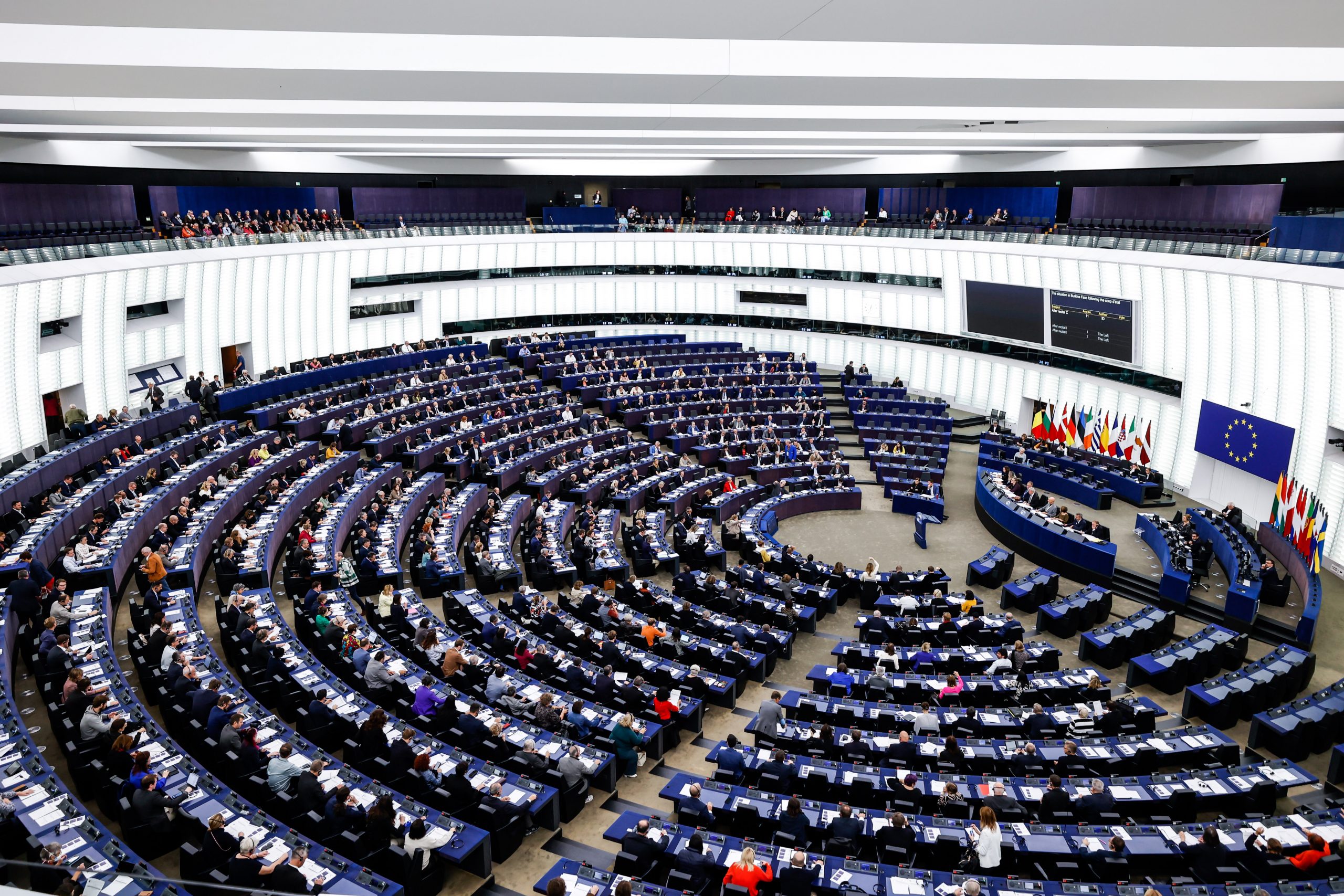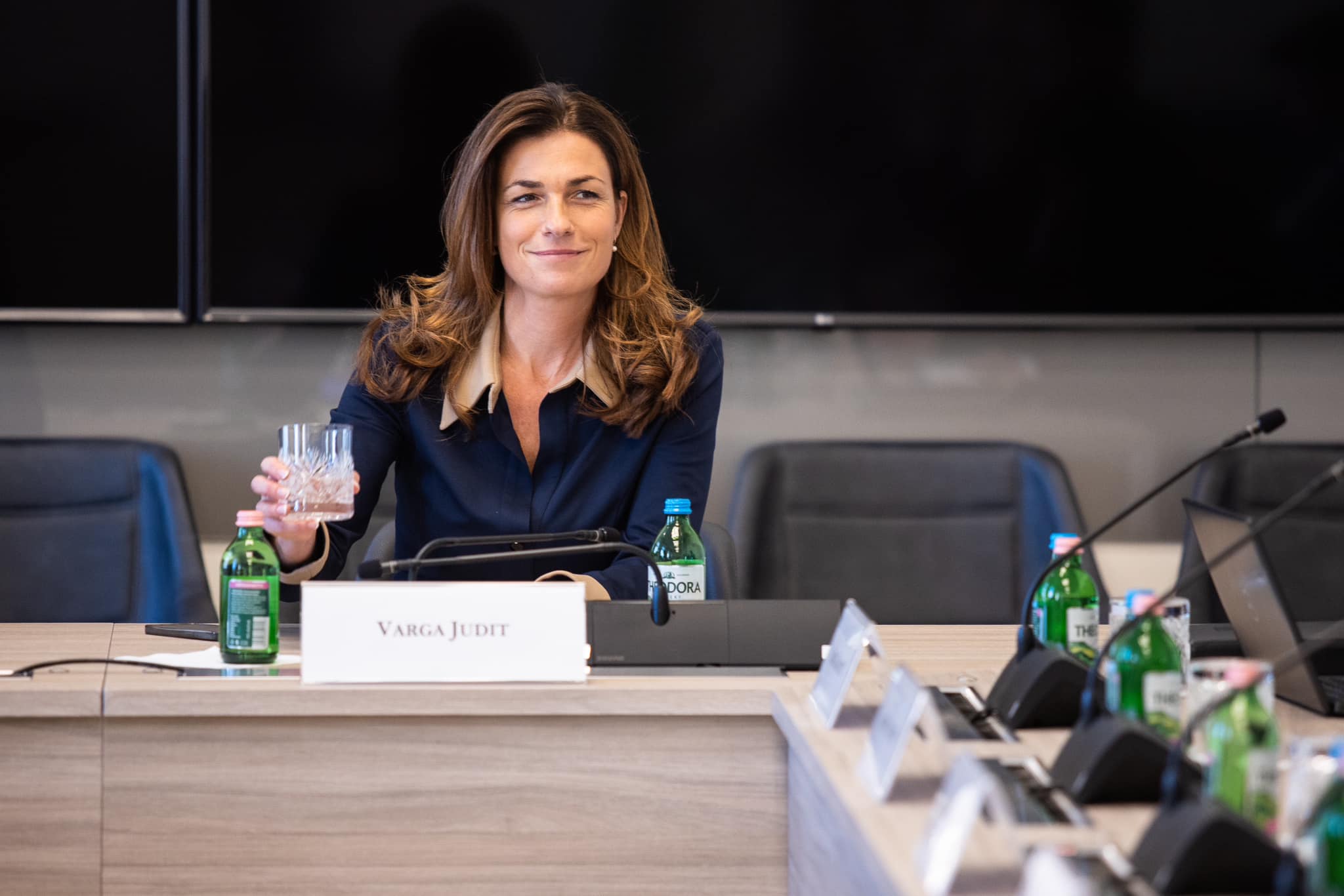
Hungary's Prime Minister Viktor Orbán has initiated a thorough reform of the EU institution.Continue reading

Judit Varga, Minister of Justice, spoke about the functioning of the European Union, EU funds, and Hungarian legislation, among other things, in an interview with Index. She said that it cannot be ruled out that the European Union will make new demands for the disbursement of funds, adding that she often sees bad faith against Hungary in Europe.
The interview touched on the Organization for Security and Co-operation in Europe, whose rapporteurs visited Hungary before and during the April election and criticized the country and its system. According to the Justice Minister, everyone is always concerned about Hungary, but she is always frank in such meetings with rapporteurs, saying that Hungary, like any other democracy, has its own electoral procedures. “They can look in any of our lockers, in any of our polling stations,” Minister Varga said, adding that the April election in which Fidesz gained a two-thirds victory again, was conducted according to the rules.
Varga stated that the rule of law process is about what they decide to make a problem out of, because when looking at other EU Member States, we do not find flawlessly functioning systems everywhere. As an example she cited the fact that
while in some countries judges can be party members, this is not allowed in Hungary, and the executive power cannot interfere in the appointment of judges here either.
On the rule of law negotiations, she said that dozens of experts are working to make Hungary meet Brussels’ demands, and the process is taking a lot of effort from everyone. The Minister pointed out that in December, the European Council urged the Commission to reconsider the case against her country. By then, Hungary had already met a number of commitments, while Brussels had made new ones, and she does not rule out the possibility of new demands.
On EU funds, Varga pointed out that although there are funds suspended, with the suspension, these funds will not be lost if Hungary fulfills its commitments. She said that the Swedes have already indicated that they would be happy to take up the issue under their EU presidency to reassess the fulfillment of the commitments. On the European Parliament’s accusations against Hungary concerning corruption among other accusations, the Minister said she would rather see whether the EP would be prosecuted over the Qatargate scandal or whether an EU integrity authority would be set up. In Hungary, the Integrity Authority was set up last year to investigate the regularity of public procurement, and Varga sees the system as a major innovation.
According to the Justice Minister,
for more than 10 years, Hungary has been attacked in an undeserved and vile manner simply because the country is going its own way.
She said that Hungary has been cooperating properly with other nations, but the point has come when it could do nothing but take up the gauntlet. There was constant liberalization and political pressure from the European Union, while the Hungarian government was only defending the interests of the nation.
The interview also touched on the controversial bomb poster, in which the government depicted the sanctions as bombs, resulting in many objections, because real bombs have been falling in Ukraine. According to Varga,
the presence of such a poster does not mean that Hungary does not condemn the war and the aggressor, but merely highlights an inconvenient truth.
As it turned out, the Article 7 procedure raised the question of whether these posters could also constitute a rule of law problem. However, as the Justice Minister recalled, Secretary of State János Bóka said he saw no connection with the rule of law, but that if there was any connection, it was in fact to do with Hungarians’ freedom of expression. According to Varga, the poster expresses a statement with facts behind it and confronts European and Hungarian public opinion with reality.
The interview also touched upon the Völner-Schadl case, which erupted in 2021, and centers on former Parliamentary Secretary of State of the Ministry of Justice, Pál Völner, and György Schadl, former President of the Hungarian Court Executives’ Faculty. The two men are charged with corruption, property crimes, and money laundering. Varga said the ministry was shocked by the case and she wanted to restore the institution’s reputation and heal the wounds it had suffered.
Featured photo via Facebook/Judit Varga